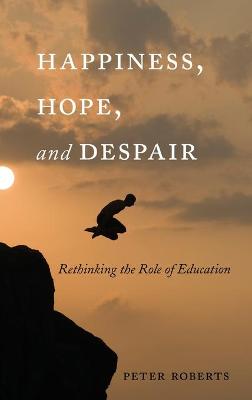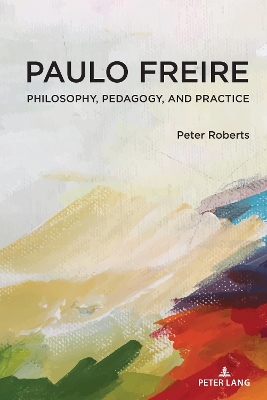Complicated Conversation
2 primary works
Book 43
After years of negotiating an education system dominated by the language of competition, performance, and economic advancement, students and teachers often long for something different; they seek not just measurable success but also opportunities to ask searching questions of themselves and the world they encounter. Happiness, Hope, and Despair makes an important contribution toward meeting this need. It fosters a rethinking of the nature, purpose, and value of education, and opens up possibilities for further scholarly and professional inquiry.
Book 54
This book provides a fresh perspective on the work of the influential educationist, Paulo Freire. The author emphasizes both the coherence and the dynamism in Freire’s thought, with some consistent core concepts, but also a strong commitment to ongoing reflection and development. The book includes a detailed overview of Freire’s biography, major publications, and key ideas, but also adds a distinctive voice to existing conversations in the new comparisons it makes with other writers and thinkers, its Freirean analysis of policy developments and pedagogical relationships at the tertiary level, and its consideration of ethical and educational questions in the light of lessons from literature. The Freirean virtues of openness, humility, tolerance, trust, and rigor are found to be highly relevant to today’s world. The hope is that this book will provide a number of avenues for further inquiry in the future, while also addressing educational questions and themes of interest to a wide range of scholars and practitioners in the present.

